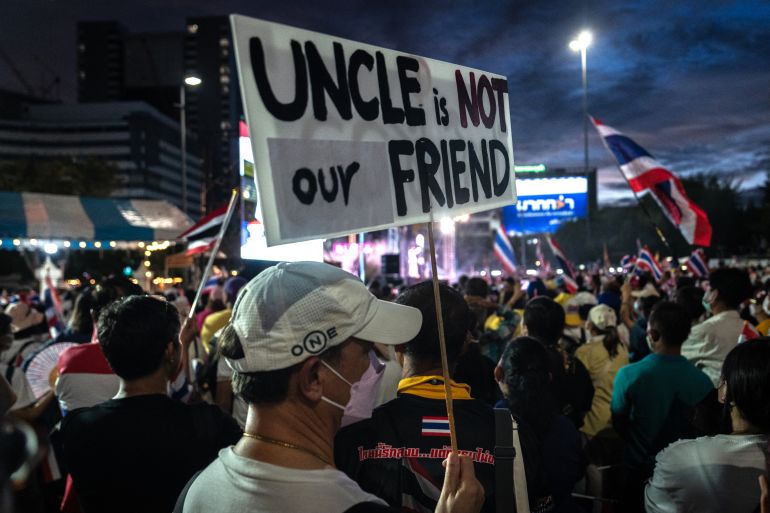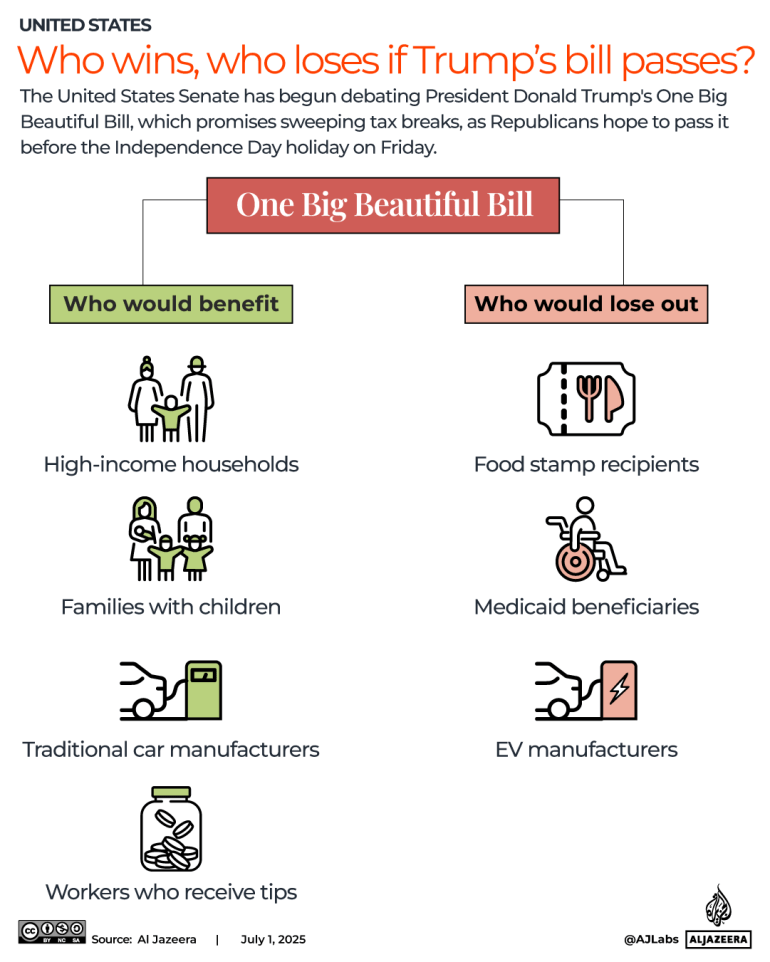The court said in a statement that it had accepted a petition from 36 senators, which accuses Paetongtarn of dishonesty and breaching ethical standards, in violation of the constitution, over a leaked , telephone conversation with Cambodia’s influential former leader, Hun Sen.
Deputy Prime Minister Suriya Juangroongruangkit will assume a caretaker role while the court decides the case against Paetongtarn, who has 15 days to respond.
Paetongtarn will remain in the cabinet as the new culture minister following a cabinet reshuffle.
The controversy stems from a June 15 phone call with Cambodia’s influential former leader Hun Sen that was intended to defuse escalating border tensions between the neighbours.
During the call, Paetongtarn, 38, referred to Hun Sen as “uncle” and criticised a Thai army commander, a red line in a country where the military has significant clout. She has apologised and said her remarks were a negotiating tactic.
The leaked call led to domestic outrage and has left Paetongtarn’s coalition with a razor-thin majority, with a key party abandoning the alliance and expected to soon seek a no-confidence vote in parliament, as protest groups demand the premier resign.
Legal perils
Paetongtarn’s battles after only 10 months in power underline the declining strength of the Pheu Thai Party, the populist juggernaut of the billionaire Shinawatra dynasty, which has dominated Thai elections since 2001, enduring military coups and court rulings that have toppled multiple governments and prime ministers.
Al Jazeera’s Tony Cheng, reporting from Bangkok, said that this case “raises questions about the impact of the Constitutional Court on democracy”.
“Since the last election, two years ago, it has disqualified the party that won the election and their leader, and it’s now taken out two prime ministers from the ruling coalition that stepped in”, he said.
“Thailand is running out of options… if they decide to suspend Paetongtarn permanently and remove her from her post, it’s very unclear what kind of political crisis Thailand will be in once again”, Cheng said.
It has been a baptism of fire for political novice Paetongtarn, who was thrust into power as Thailand’s youngest premier and replacement for Srettha Thavisin, who the Constitutional Court dismissed for violating ethics by appointing a minister who had once been jailed.
Paetongtarn’s government has also been struggling to revive a stuttering economy, and her popularity has declined sharply, with a June 19-25 opinion poll released at the weekend showing her approval rating sinking to 9.2 percent from 30.9 percent in March.
Paetongtarn’s father, Thaksin, the 75-year-old family patriarch and billionaire who was twice elected leader in the early 2000s, is also facing legal hurdles.
Divisive tycoon Thaksin, according to his lawyer, appeared at his first hearing at Bangkok’s Criminal Court on Tuesday on charges that he insulted Thailand’s powerful monarchy, a serious offence punishable by up to 15 years in prison if found guilty.
Thaksin denies the allegations and has repeatedly pledged allegiance to the crown.
Thaksin spent 15 years abroad serving a prison sentence for conflicts of interest and abuse of power after giving a 2015 media interview while he was on self-imposed exile.
Before being released on parole in February of last year, Thaksin avoided jail and spent six months in a hospital setting up for medical reasons.








